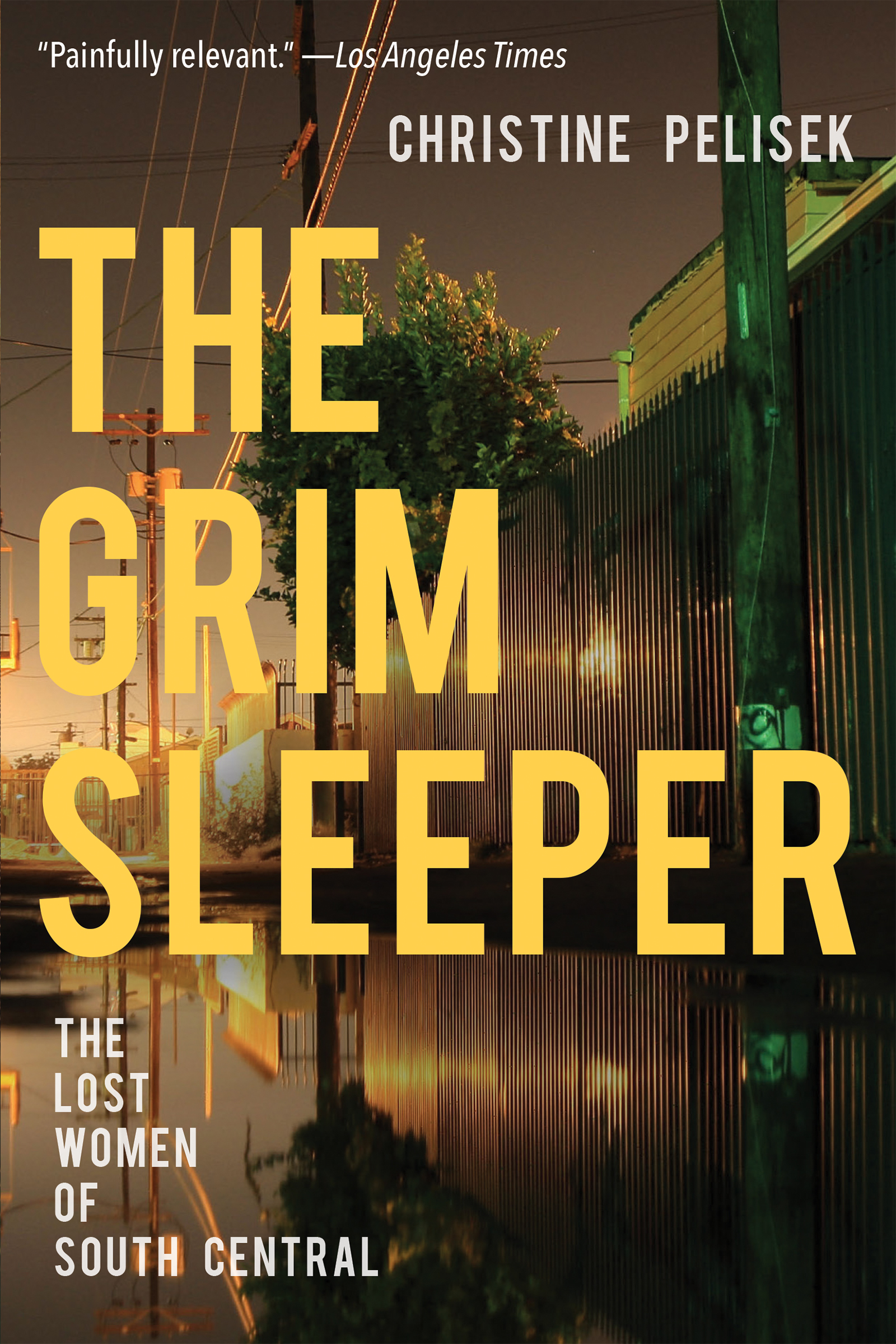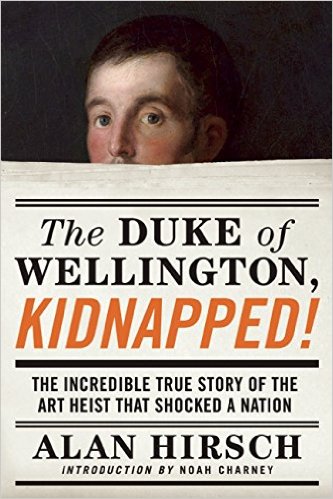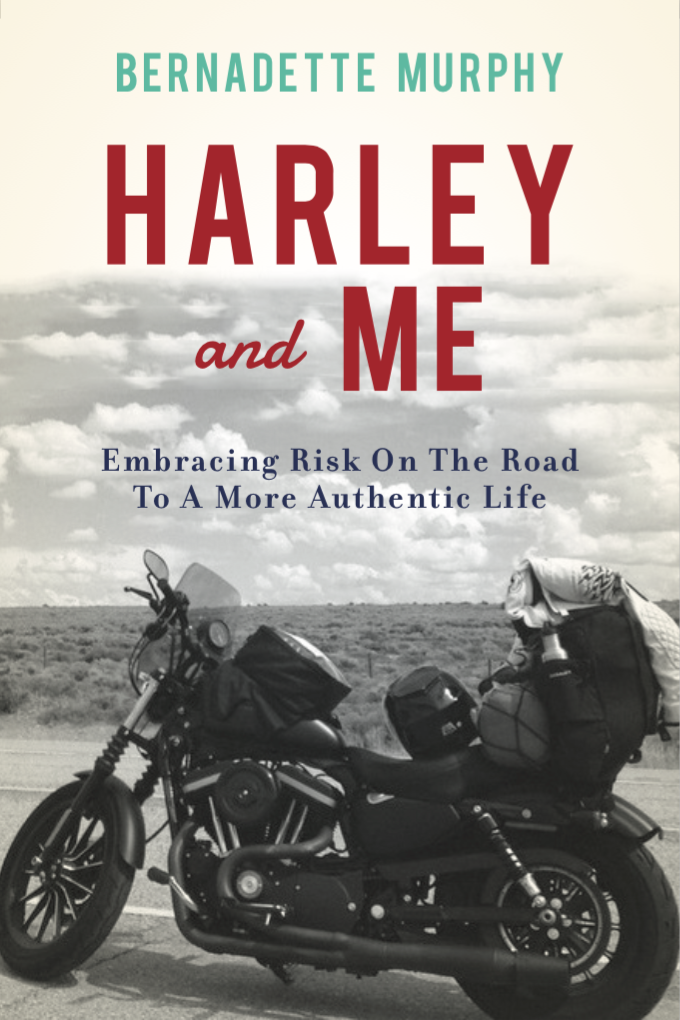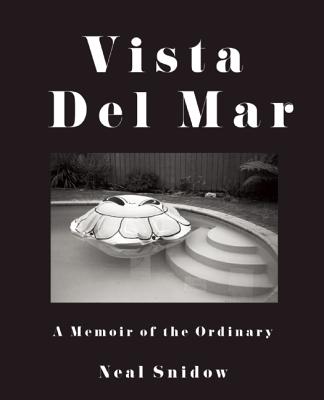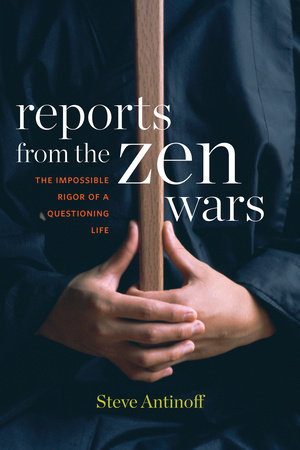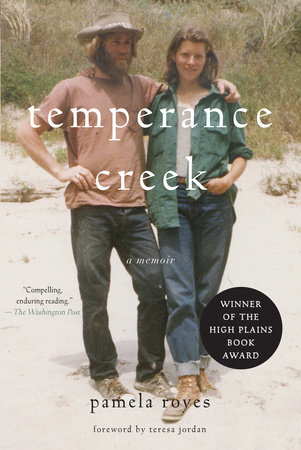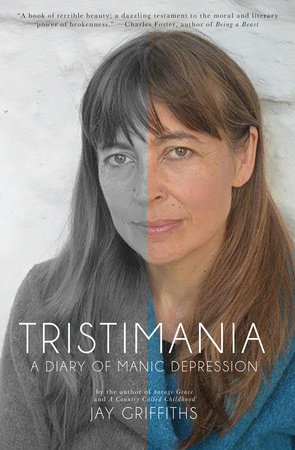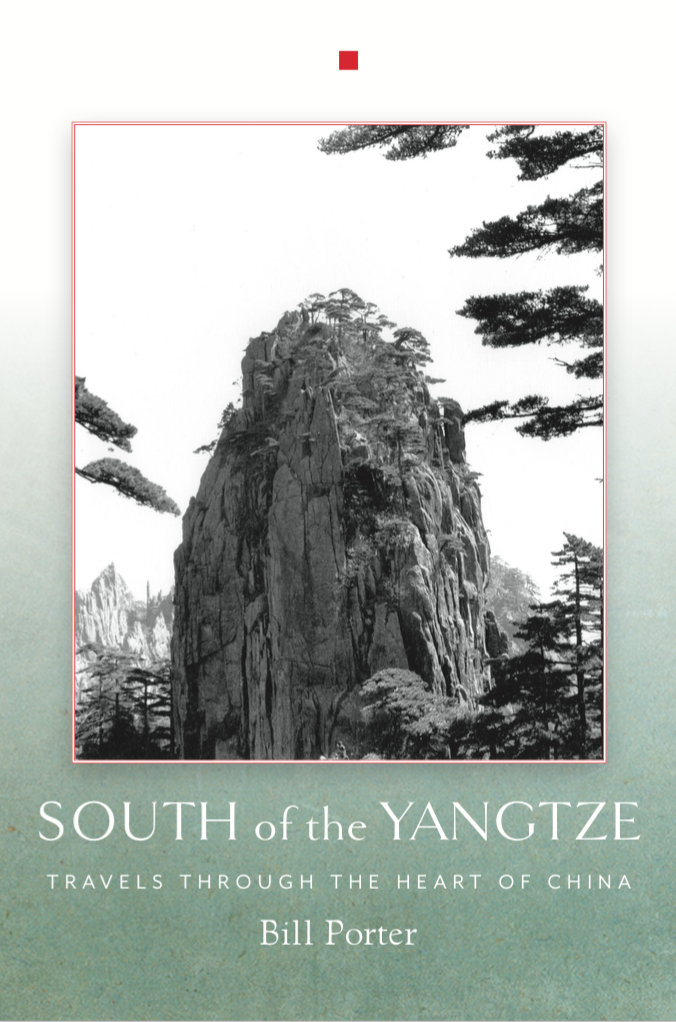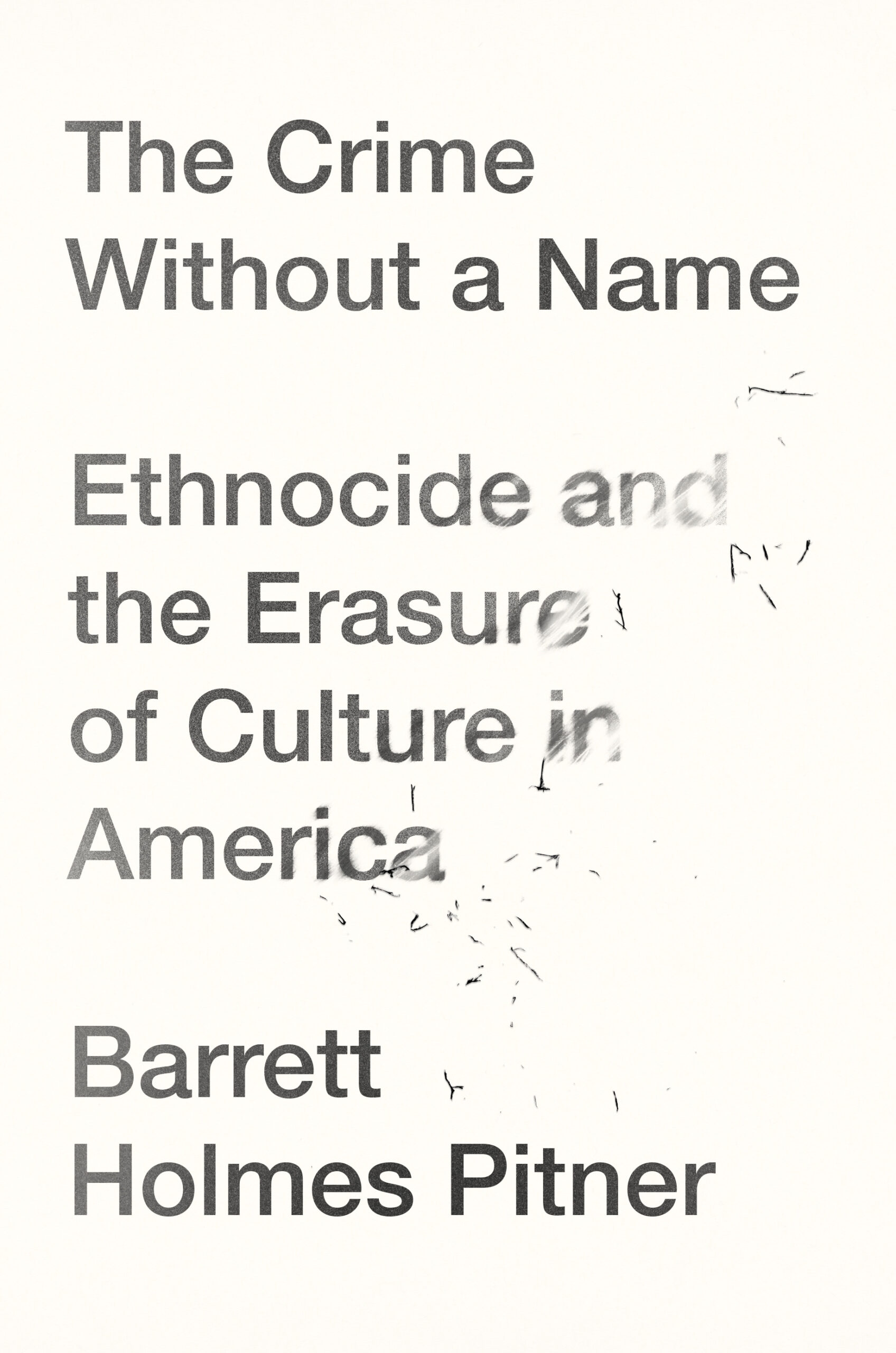
The Crime Without a Name
Ethnocide and the Erasure of Culture in America
Barrett Holmes Pitner
On Sale: 01/31/2023 | $17.95
9781640095595 | Paperback 5-1/2 x 8-1/4 | 336 pages Buy it Now
On Sale: 10/12/2021 | $26
9781640094840 | Hardcover 6 x 9 | 336 pages Buy it Now
Book Description
In this incisive blend of personal narrative and philosophical inquiry, journalist and activist Barrett Holmes Pitner seeks a new way to talk about racism in America
An NPR Best Book of the Year
Can new language reshape our understanding of the past and expand the possibilities of the future? The Crime Without a Name follows Pitner’s journey to identify and remedy the linguistic void in how we discuss race and culture in the United States. Ethnocide, first coined in 1944 by Jewish exile Raphael Lemkin (who also coined the term “genocide”), describes the systemic erasure of a people’s ancestral culture. For Black Americans, who have endured this atrocity for generations, this erasure dates back to the transatlantic slave trade and reached new resonance in a post-Trump world.
Praise For This Book
An NPR Best Book of the Year"Pitner's insightful, entirely original argument provides a fascinating new way to understand American national culture and to reclaim identities suppressed by ethnocide." —Booklist
"This heavily researched book shimmers with creativity and intelligence, expertly balancing realism, optimism, and honesty . . . [A] well-argued, deeply felt treatise on the links among language, racism, and redemption." —Kirkus Reviews
"Journalist and philosopher Pitner debuts with an erudite . . . look at how systemic racism imperils Black and Indigenous cultures in the U.S. . . . Mixing philosophy, politics, and memoir, Pitner discusses Marxist and Hegelian dialectics, the 'ethnocidal terror' faced by his Gullah Geechee ancestors in South Carolina, and the links between modern-day gun culture in the U.S. and the legacy of slavery . . . [An] incisive examination of the forces of inequality." —Publishers Weekly
"As a work of philosophy, clear-eyed journalism, and a deft understanding of history, The Crime Without A Name provides us with a nuanced paradigm to better understand the United States, to live up to values we so love to espouse, and to wrestle with the hereditary sin of systemic racism. This journey into existentialism as humanity is empathetic, exact, and gorgeous. I love this book." —RJ Young, author of Let it Bang: A Young Black Man’s Reluctant Odyssey into Guns








